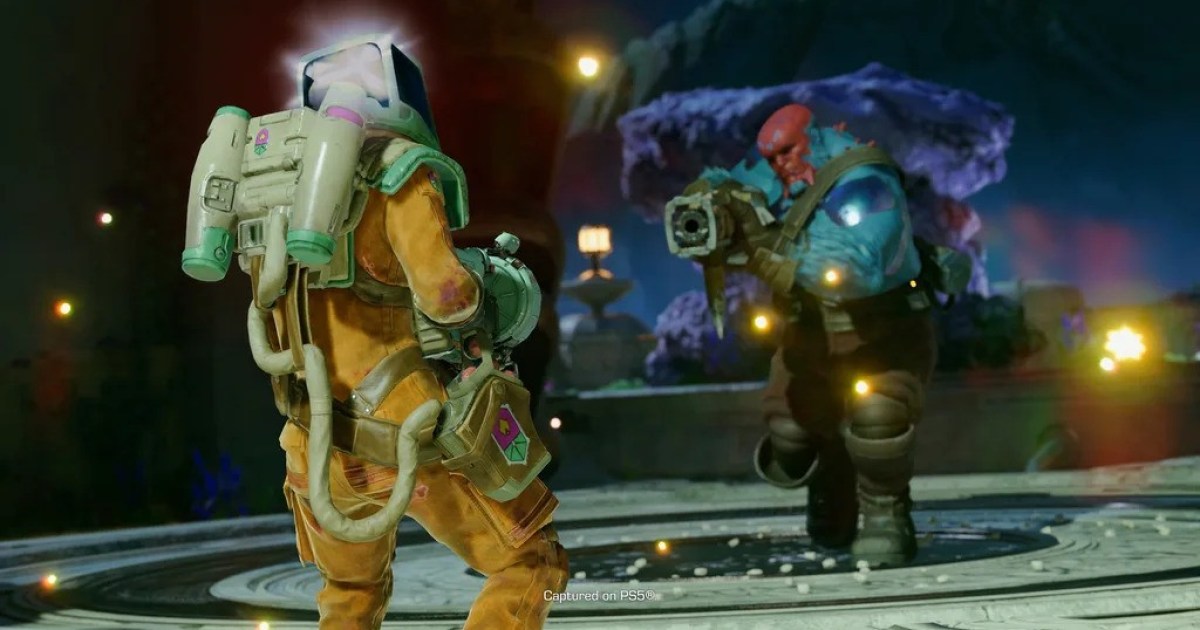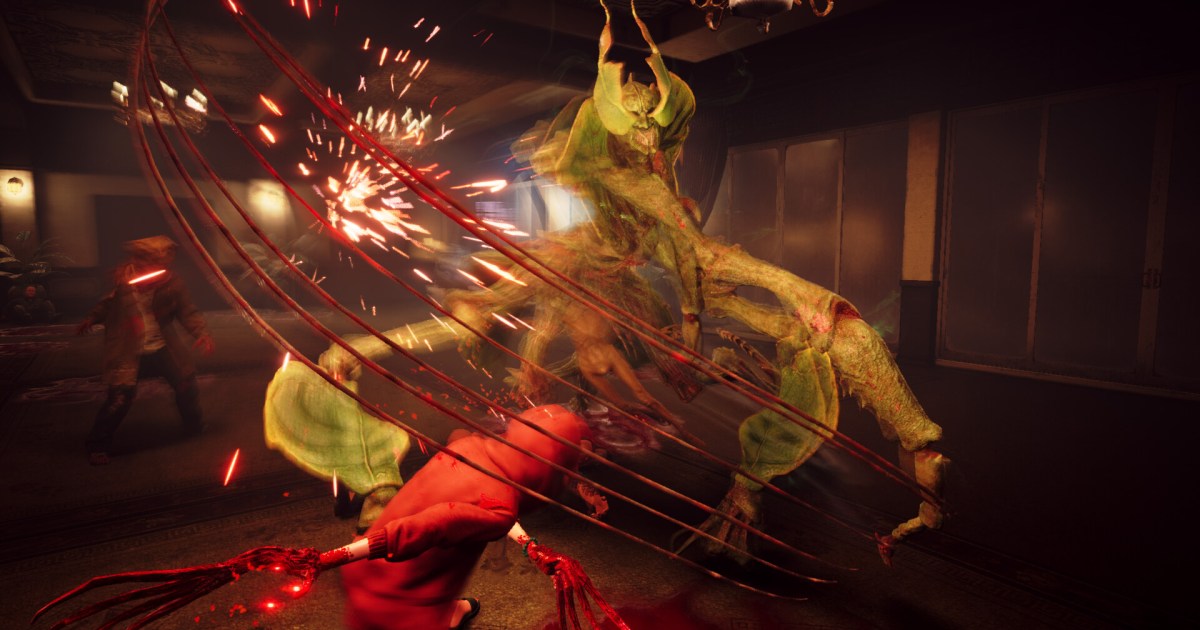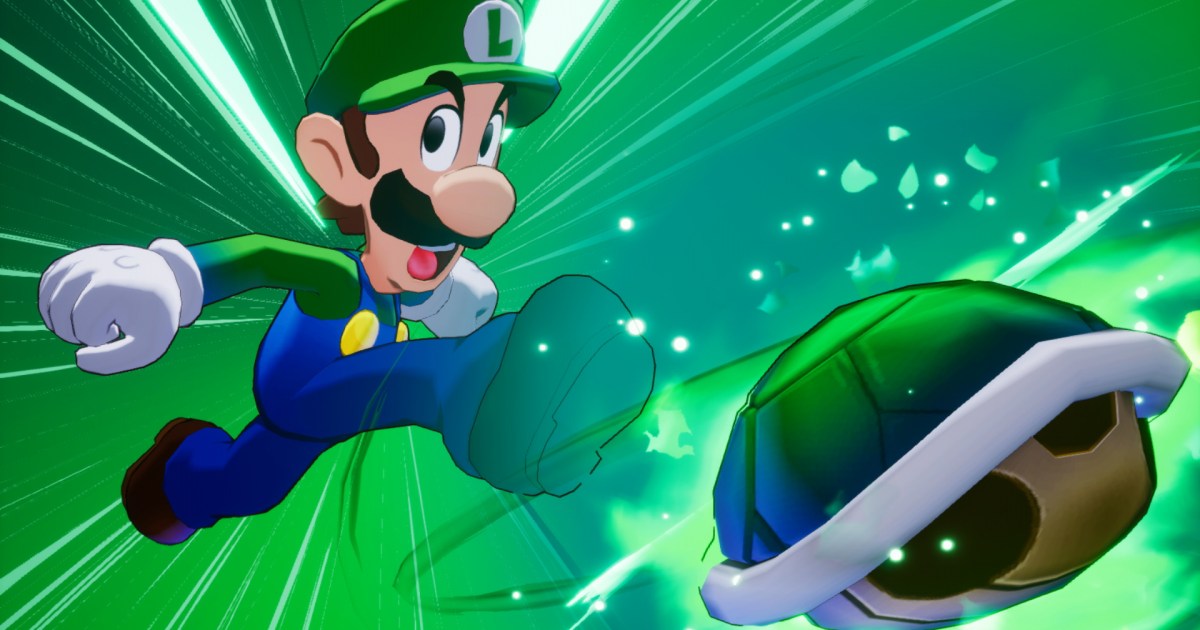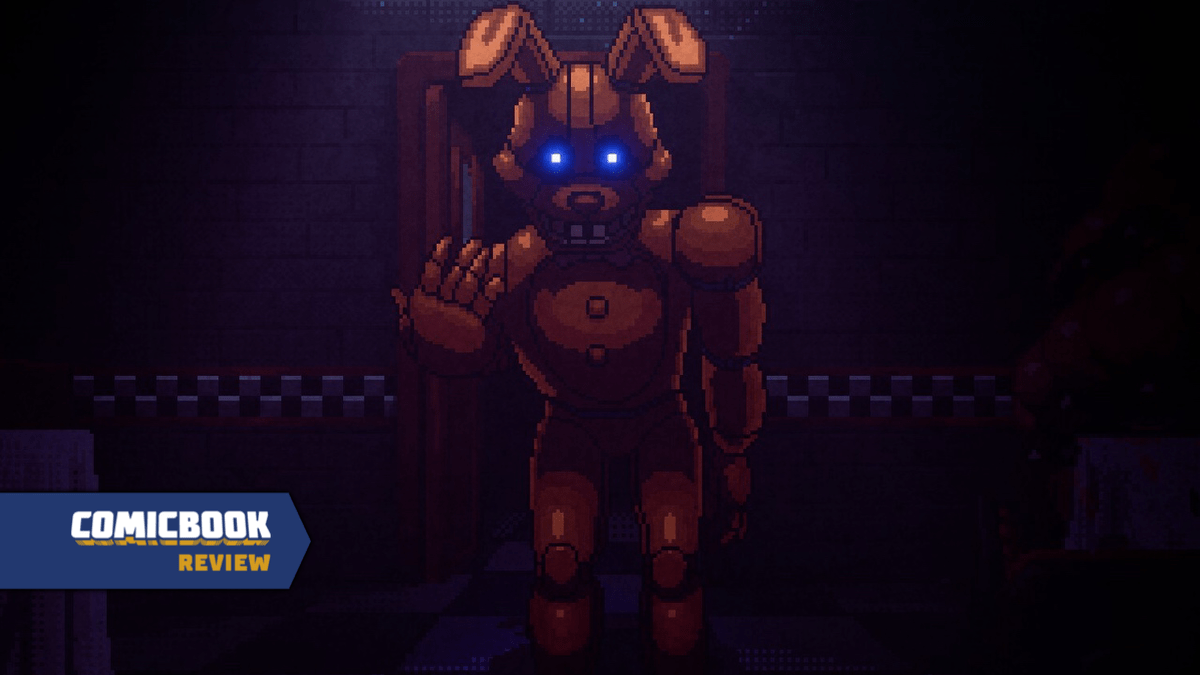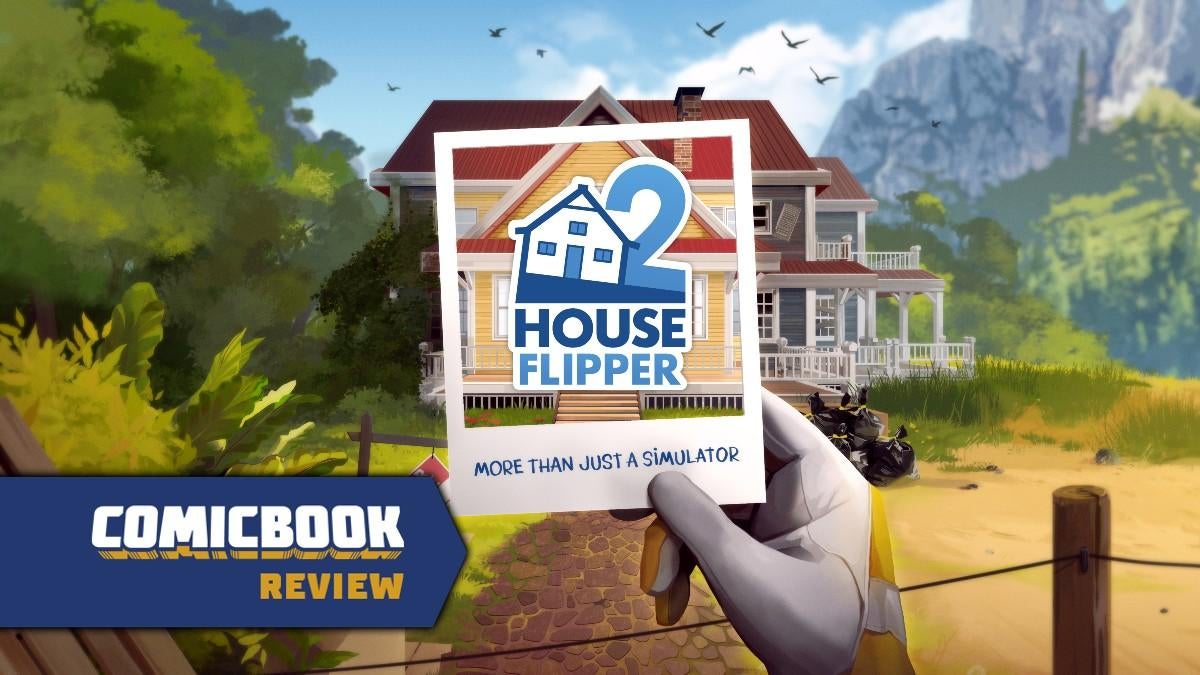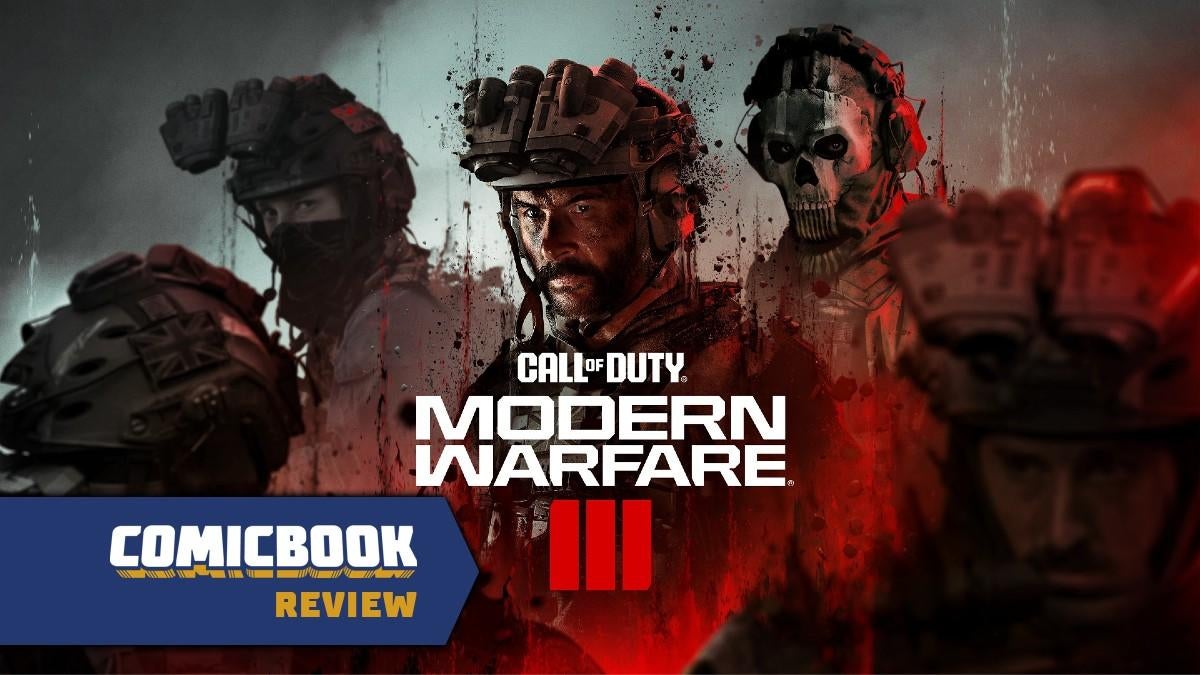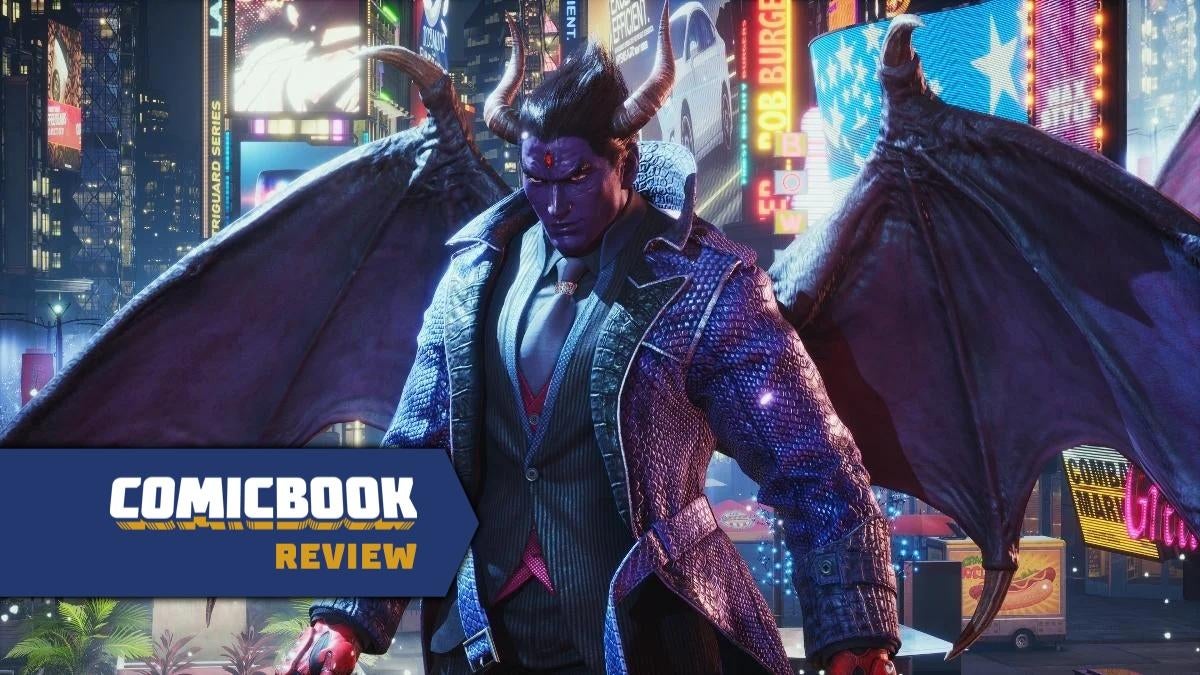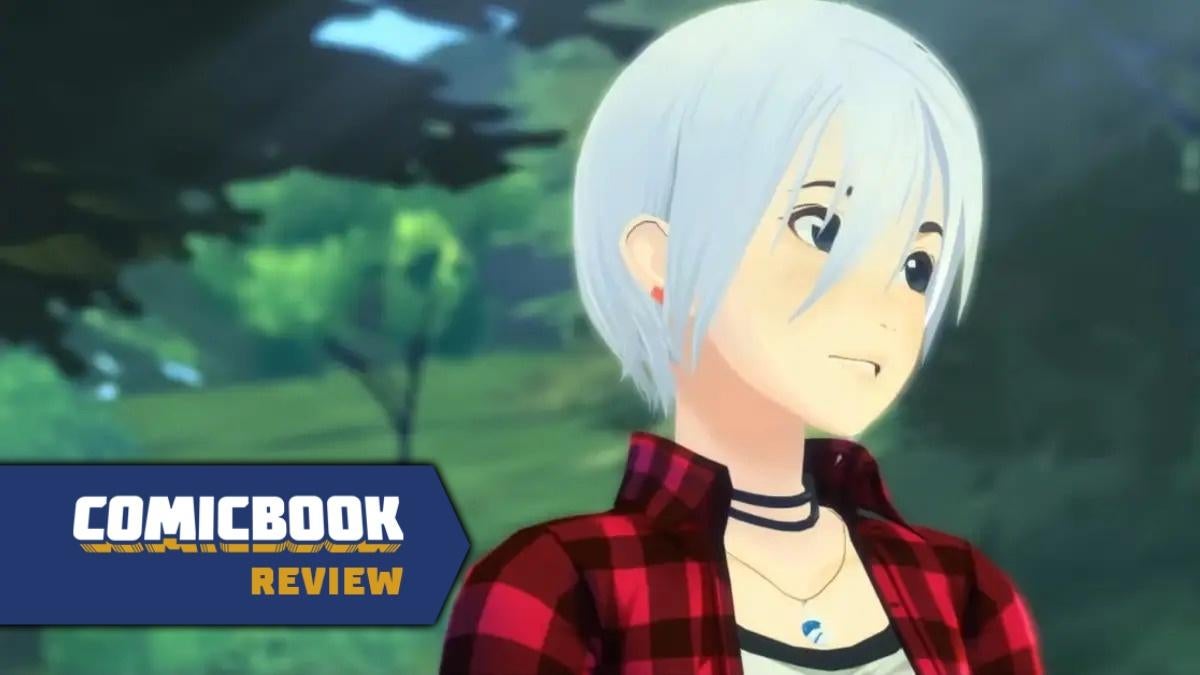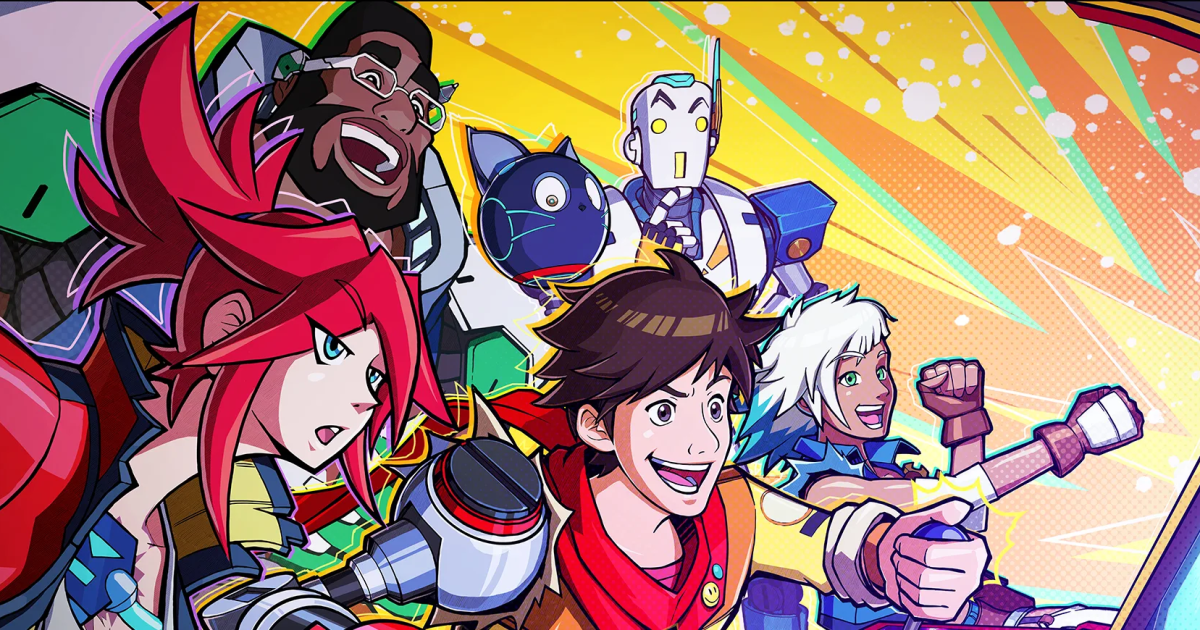Concord, PlayStation 5’s recently launched 5v5 hero shooter, promised a vibrant galaxy of colorful mercenaries and high-stakes adventures. Unfortunately, just weeks after its release, Sony announced its shutdown, leaving players and developers alike stunned. This article explores the game’s strengths and weaknesses, examining the factors that contributed to its untimely demise. While Concord showed potential, its flawed execution ultimately led to its cancellation.
Concord offered a familiar hero shooter experience with distinct characters and a compelling narrative approach. While the core gameplay was solid, it lacked originality and suffered from balancing issues and a confusing crew system. This review, originally published before the game’s shutdown, analyzes these aspects and provides insights into why Concord ultimately failed to gain traction.
A Universe Rich in Lore, Yet Detached from Gameplay
Concord distinguished itself from other multiplayer shooters with its ambitious narrative design. Firewalk Studios implemented weekly lore logs and cinematic cutscenes to unveil the backstory of the Freegunners and the world they inhabit. This commitment to world-building was commendable, drawing inspiration from the lighthearted banter of Guardians of the Galaxy. However, the initial cutscenes felt disjointed, lacking context and failing to effectively engage players with the overarching narrative.
The game’s extensive Galactic Guide offered a wealth of information about the game’s universe, detailing the history of planets, trade routes, and even the multiplayer maps themselves. While this depth of lore was impressive, it felt disconnected from the core gameplay experience. The narrative and the action existed in separate spheres, diminishing the impact of both.
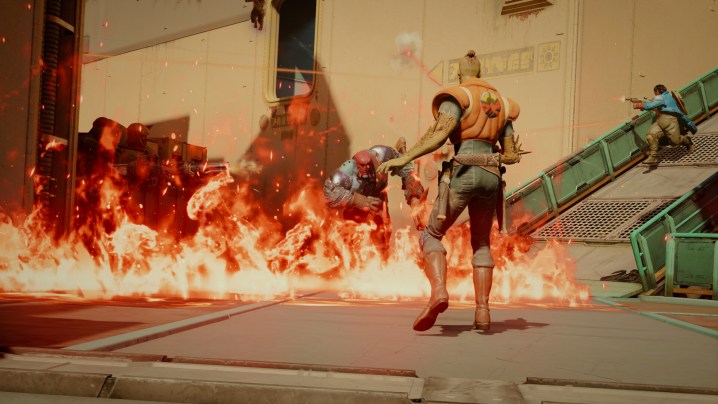 Lennox near a wall of fire in Concord.Lennox prepares for battle in Concord.
Lennox near a wall of fire in Concord.Lennox prepares for battle in Concord.
Despite the narrative shortcomings, Concord‘s diverse cast of characters provided a strong hook. Each Freegunner boasted a unique design and playstyle, encouraging experimentation and player investment. The visual clarity of the character designs also contributed to the game’s legibility, allowing players to quickly assess enemy team compositions and strategize accordingly. However, the game struggled to capitalize on this strength, as the core gameplay modes failed to fully utilize the characters’ diverse abilities.
Balancing Issues and a Lack of Focus
Concord featured a standard array of multiplayer modes, from Team Deathmatch (Takedown) to King of the Hill (Signal Hunt). While these modes were functional, they lacked a unique identity. The game didn’t offer a signature mode that showcased its characters or gameplay mechanics in a truly innovative way. This lack of focus contributed to balancing issues, as certain characters felt overpowered or underpowered depending on the game mode.
The gunplay in Concord also felt slightly off. Weapons occupied a significant portion of the screen, yet their damage output often felt inconsistent. This discrepancy, coupled with character-specific buffs and crew composition bonuses, created unpredictable combat scenarios where certain weapons felt ineffective.
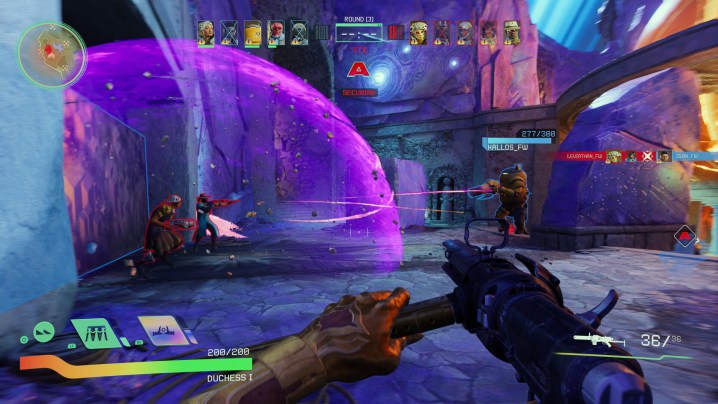 A purple energy dome in Concord.A protective energy dome in Concord.
A purple energy dome in Concord.A protective energy dome in Concord.
Despite these flaws, Concord‘s unique character abilities offered glimpses of its potential. Each hero possessed passive skills and special abilities that, when used strategically, could lead to exciting moments. However, the absence of ultimate abilities, a staple in many hero shooters, robbed the game of those game-changing moments that often define the genre.
A Convoluted Crew System and Missed Opportunities
Concord‘s crew system, intended to be a unique feature, proved to be more confusing than compelling. Players could customize their crew lineups to gain specific buffs, but the impact of these buffs often felt negligible. The system’s lack of clarity further compounded the issue, leaving players unsure of the benefits of specific crew configurations. This complexity was exacerbated by the inclusion of alternate character versions with different perks, a system that felt more suited to a free-to-play gacha game than a premium hero shooter.
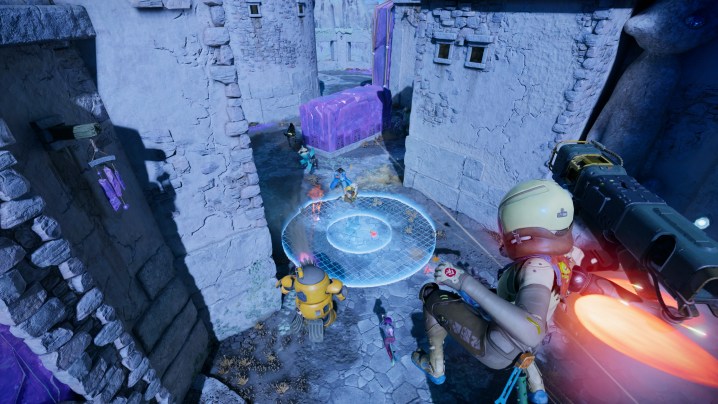 A hero with a jetpack flies above the battlefield in Concord.A Freegunner takes to the skies in Concord.
A hero with a jetpack flies above the battlefield in Concord.A Freegunner takes to the skies in Concord.
Concord‘s ultimate failure stemmed from a combination of factors: a disjointed narrative, unbalanced gameplay, and a confusing crew system. While the game possessed promising elements, its execution ultimately fell short. Its sudden shutdown serves as a stark reminder of the challenges faced by live service games in a competitive market. Concord had the potential to be a unique and engaging hero shooter, but ultimately, it was grounded before it could truly take flight.
Concord was tested on PS5. You can find more information on the now defunct game’s website: https://www.playstation.com/en-us/games/concord/



